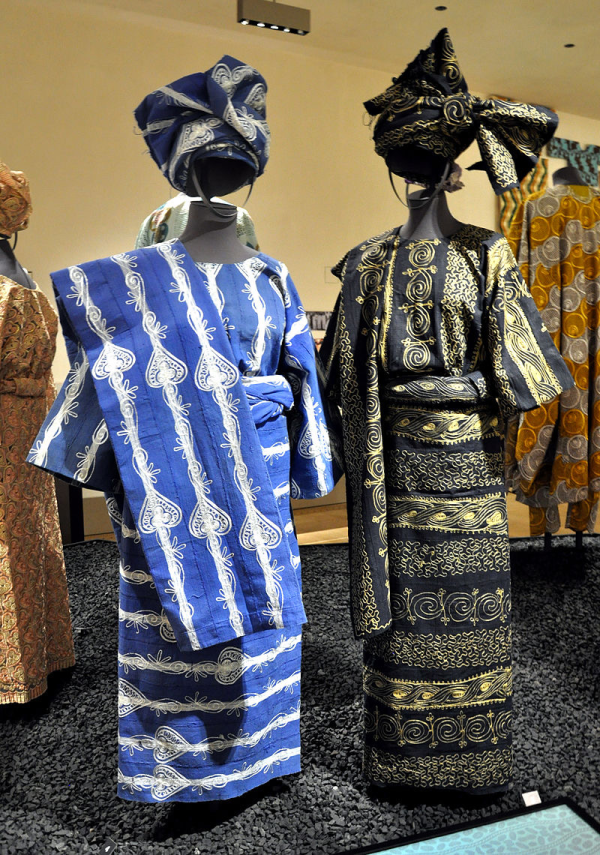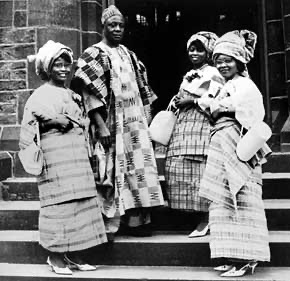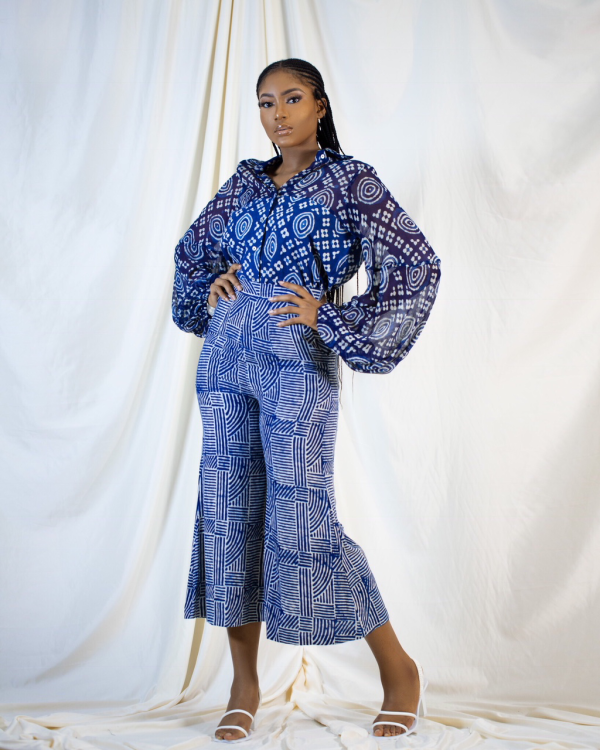African Ankara Prints: From Tradition to Trend
“Adire” is a traditional Nigerian textile art form that encompasses various tie-dye techniques. Originating primarily among the Yoruba people in southwestern Nigeria, Adire is renowned for its intricate patterns and vibrant colors.

Adire has a rich history dating back centuries, with evidence of its existence found in archaeological sites across Nigeria. The craft flourished during the 19th and 20th centuries, particularly among the Yoruba women of Abeokuta and Ibadan.

Adire patterns often hold symbolic significance, representing various aspects of Yoruba culture, mythology, and spirituality.
Adire fabric is traditionally worn for special occasions such as weddings, naming ceremonies, and festivals. It serves as a symbol of cultural pride, identity, and heritage within the Yoruba community.
Adire production has provided economic opportunities for Yoruba women, who historically played a central role in its creation. Today, initiatives aimed at preserving and promoting Adire contribute to the empowerment of local artisans and communities.
In recent years, there has been a resurgence of interest in Adire both locally and internationally. Modern designers and fashion enthusiasts are incorporating Adire fabrics into contemporary clothing, accessories, and home decor, giving new life to this traditional art form.

In essence, Adire represents more than just a textile technique; it embodies the cultural heritage, creativity, and resilience of the Yoruba people, while also serving as a bridge between tradition and modernity in Nigeria and beyond.